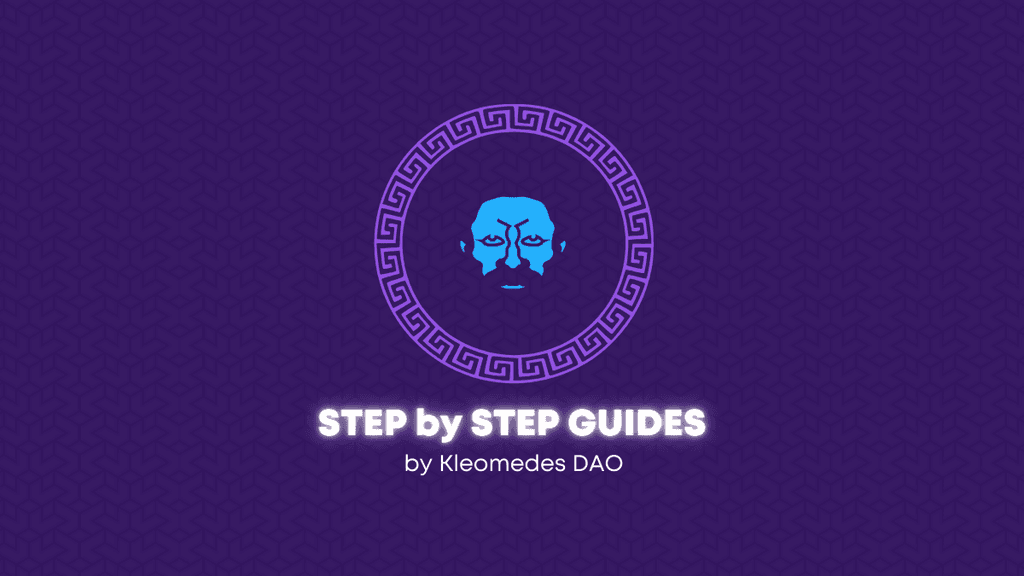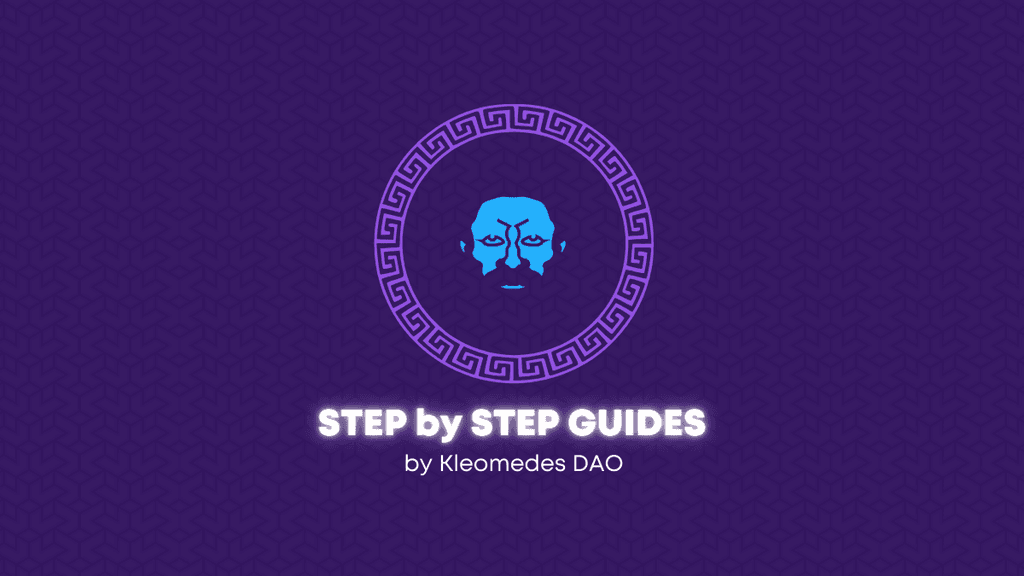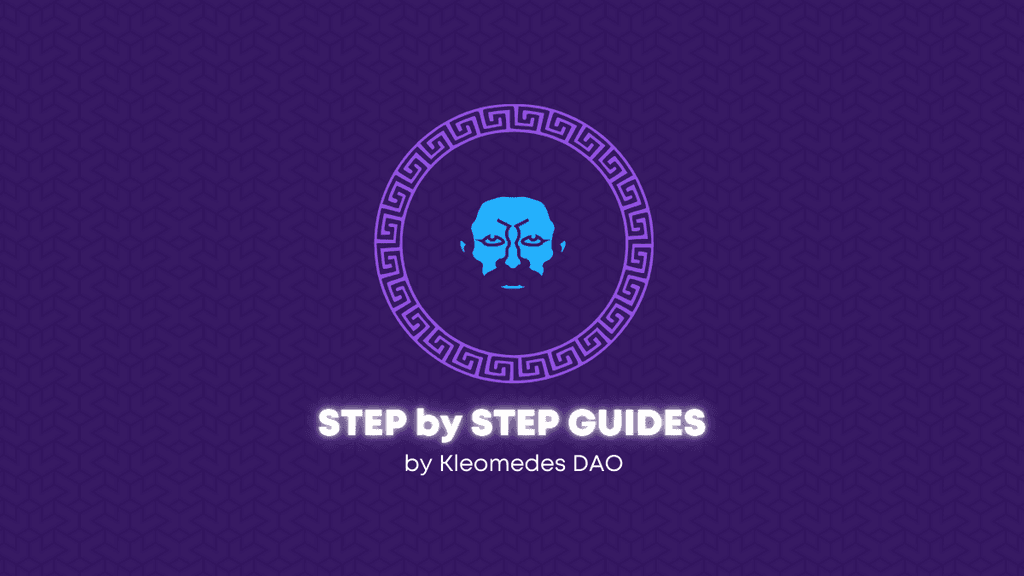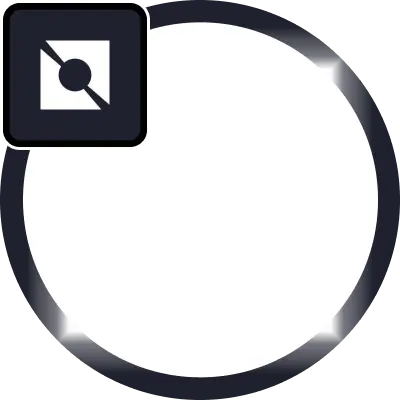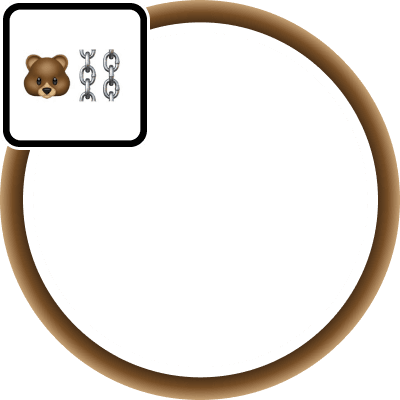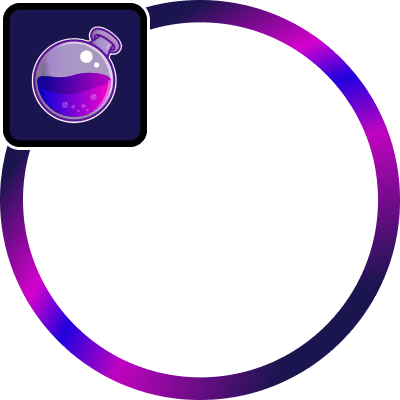Overview of DAO DAO
Decentralized Autonomous Organizations (DAOs) leverage blockchain technology for collective governance, with DAO DAO advancing this concept. DAOs operate on proposals and votes, recorded transparently on blockchain. These can range from policy amendments to software updates, all enacted upon majority approval.
DAO DAO is currently live and deployed on the following chains:
- Juno
- Migaloo
- Osmosis
- Neutron
- Stargaze
- Terra
- OrAI
Proposals and Voting Mechanisms
Proposals are the core of DAO operations, subject to member voting. Successful proposals are executed on the blockchain, reflecting changes immediately. DAOs can modify their governance through these proposals, including voting rules and membership criteria.


